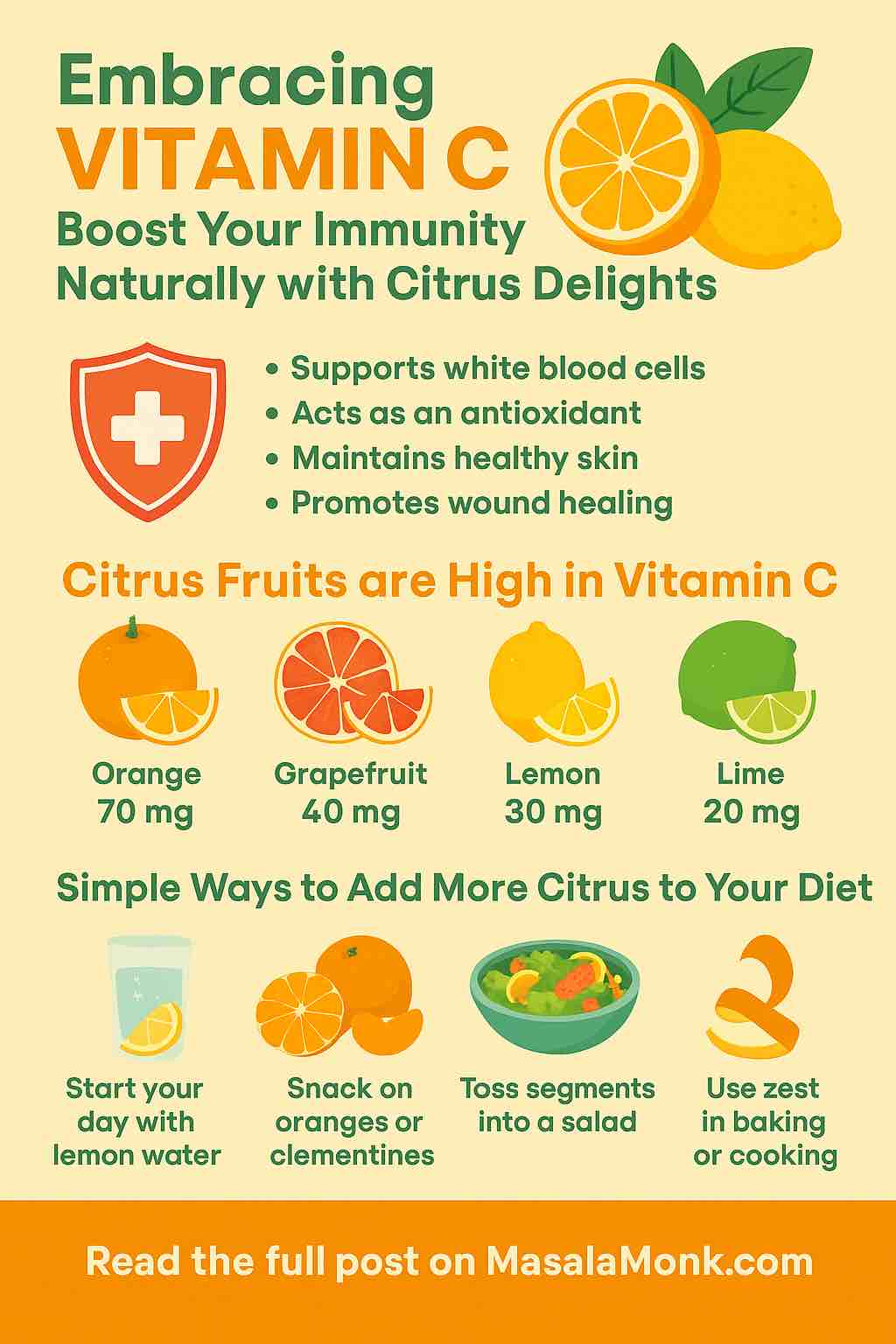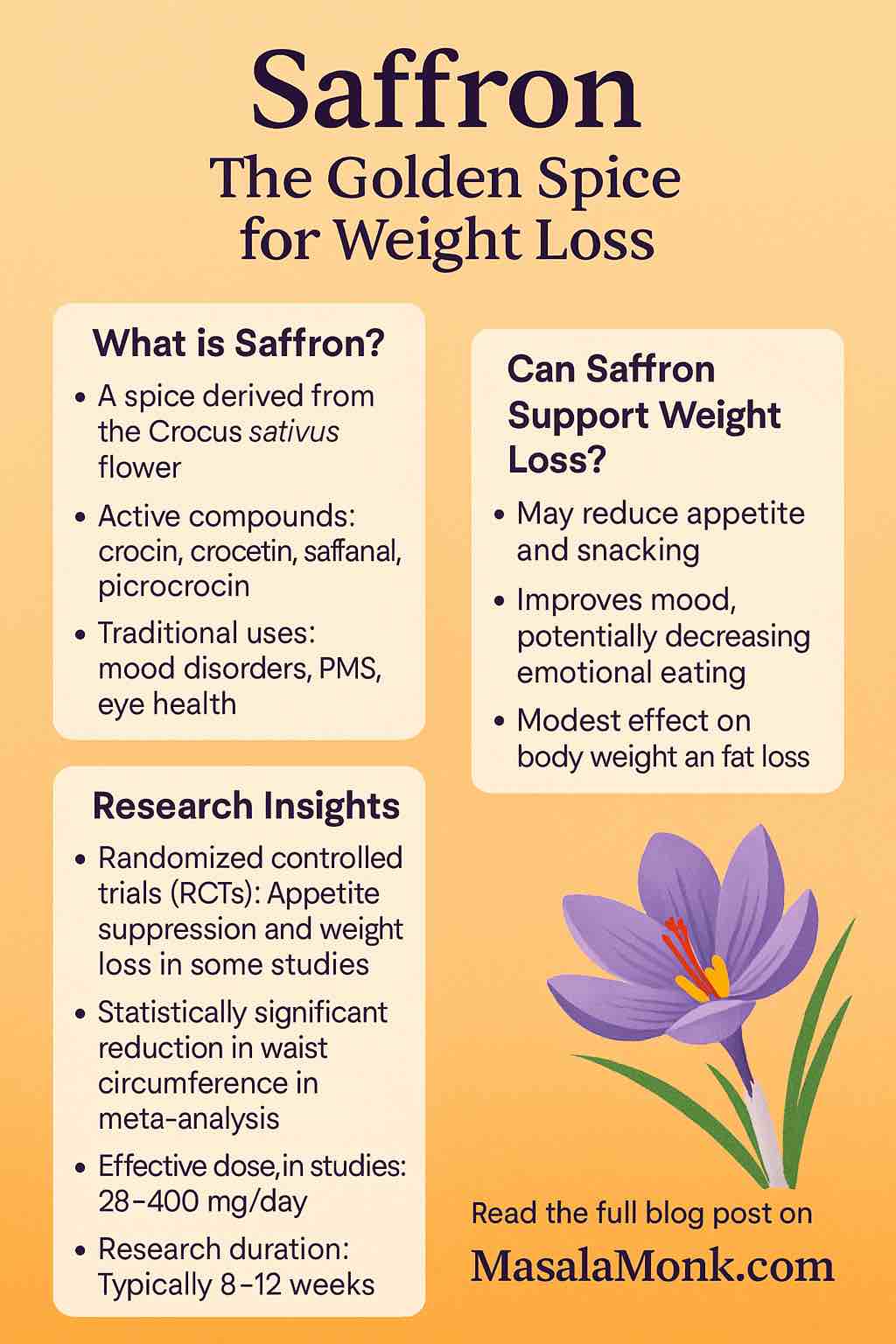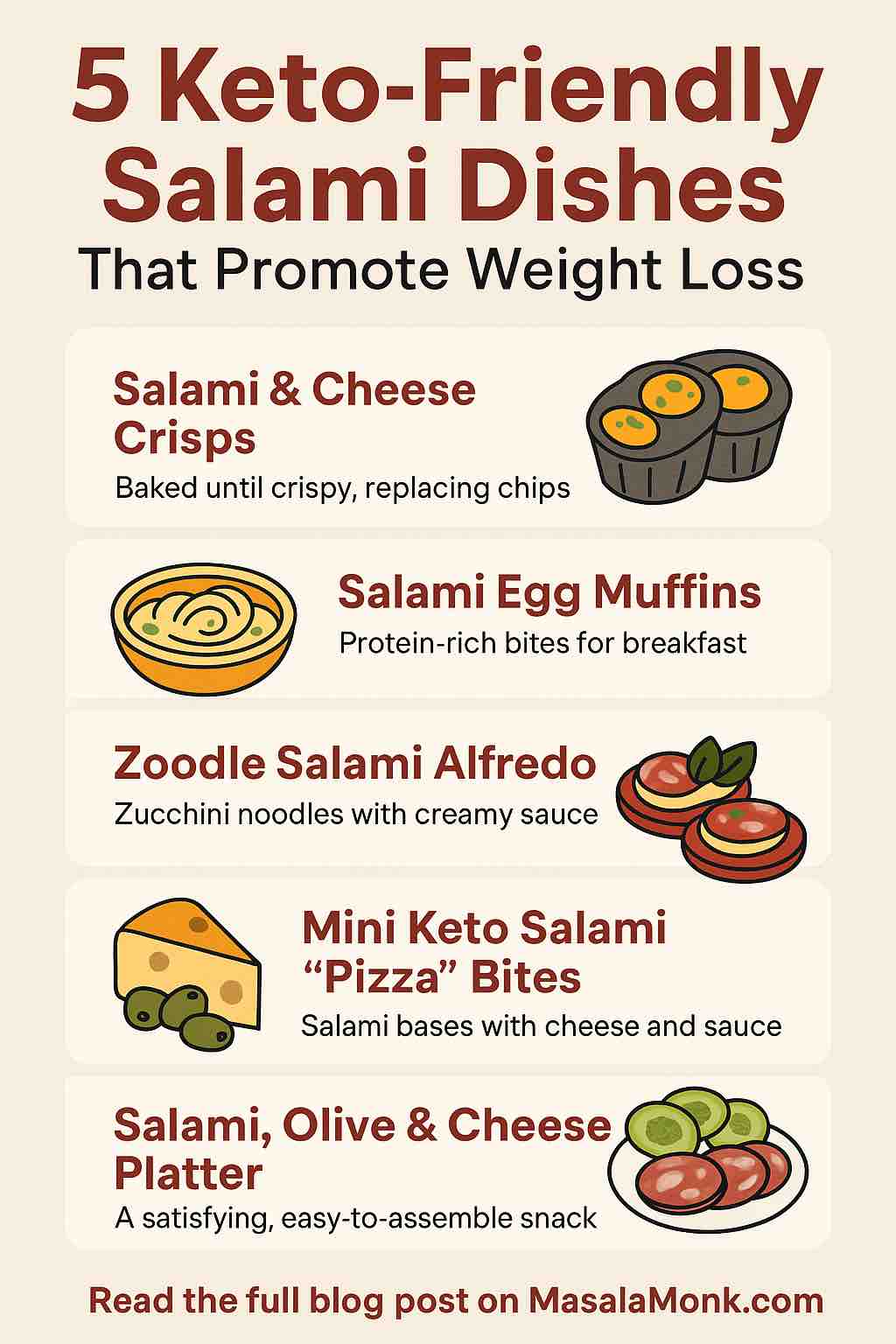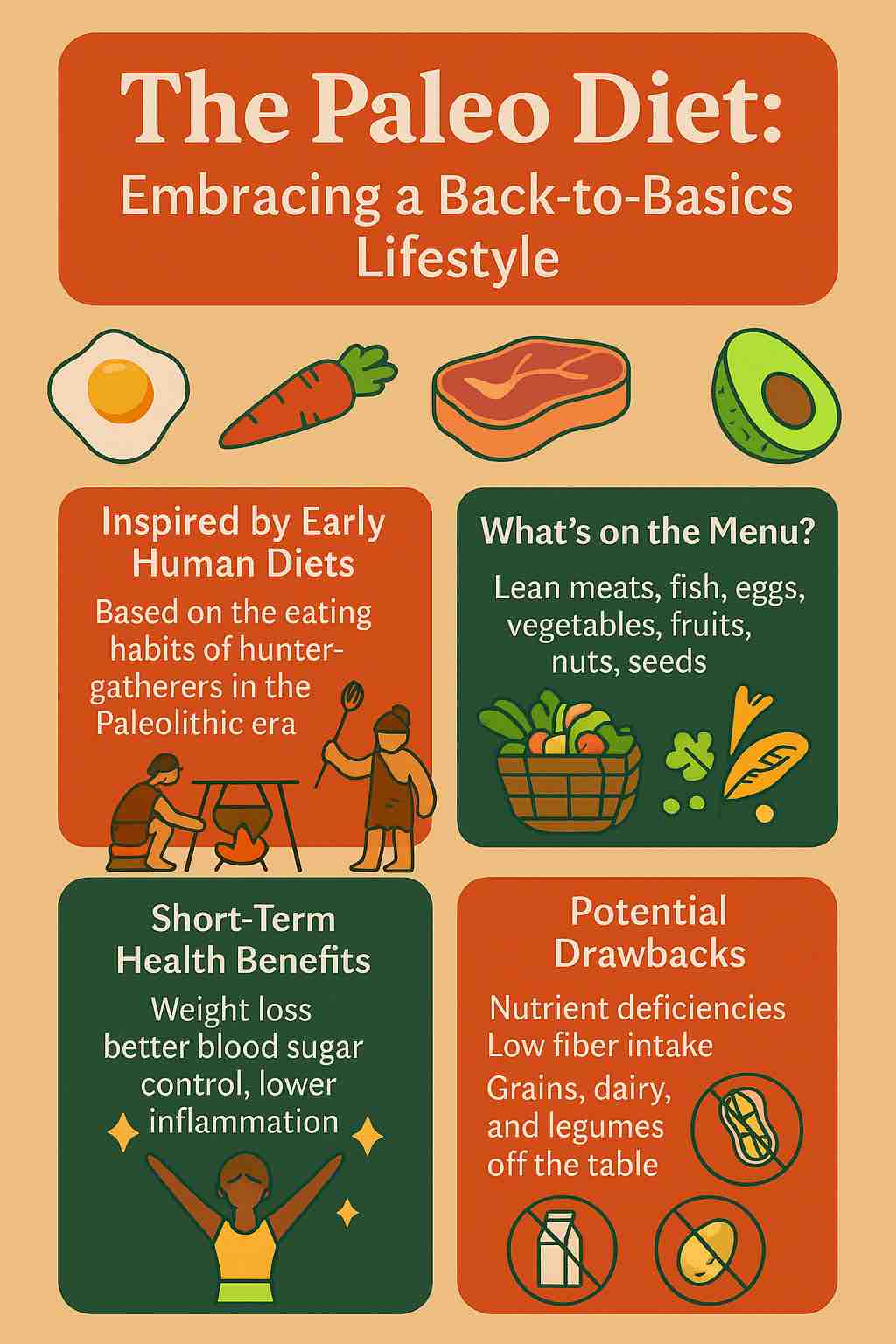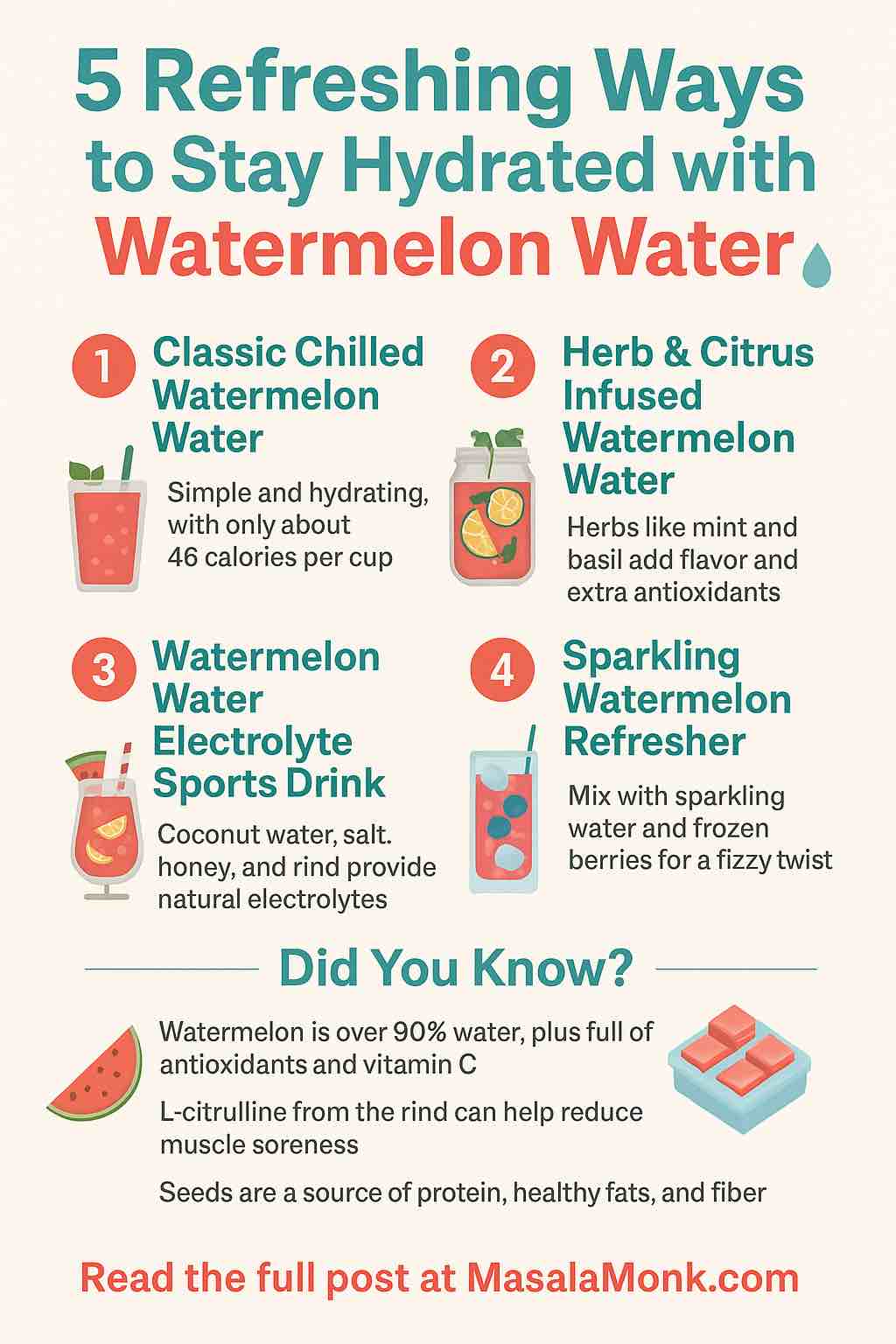
Watermelon isn’t just a summer treat—it’s your hydration hero, muscle recovery partner, and even a secret weapon for heart health. But why stop at just slices? Watermelon water is taking center stage as one of the most delicious and science-backed ways to stay refreshed and healthy. In this in-depth guide, you’ll discover practical, evidence-based ways to make watermelon water a daily ritual—and why you absolutely should.
Why Watermelon Water?
First, let’s get scientific:
Watermelon is over 90% water and packed with nutrients like citrulline (supports muscle and blood vessel health), lycopene (a potent antioxidant), potassium, magnesium, vitamins A and C, and even some B vitamins. Recent research (2025) shows that both the red flesh and the rind are loaded with health benefits—making watermelon water not just delicious, but truly functional.
1. The Classic Chilled Watermelon Water
How to Make It:
- Cube seedless watermelon (or remove seeds) and toss into a blender.
- Blend until smooth. For a smoother drink, strain through a fine sieve.
- Chill and serve over ice with a mint sprig or lime wheel.
Why It Works:
- Ultra-hydrating: 92% water means instant fluid replenishment.
- Loaded with antioxidants: Lycopene, vitamin C, and beta-carotene.
- Low-calorie: Around 46 calories per cup.
- Current Science: A July 2025 Health.com article confirms that watermelon water hydrates just as well as some sports drinks and helps keep blood pressure in check, thanks to its potassium and magnesium content.
Quick Tip:
Use frozen watermelon cubes instead of ice to avoid dilution.
2. Herb & Citrus Infused Watermelon Water
How to Make It:
- Blend watermelon as above.
- Pour into a pitcher and add a handful of fresh mint, basil, or rosemary.
- Add slices of lemon, lime, or even orange for extra zing.
- Let infuse in the fridge for at least 30 minutes.
Why It Works:
- Flavor variety: Keeps hydration interesting, making you want to drink more.
- Extra nutrients: Herbs bring digestive benefits; citrus adds more vitamin C.
- Science-backed: Research suggests herbal infusions may enhance antioxidants and bioactive compounds. Citrus can also boost absorption of certain nutrients.
Quick Tip:
Crush the herbs gently before adding to release more flavor.
3. Watermelon Water Electrolyte Sports Drink
How to Make It:
- Blend 2 cups watermelon (flesh and a bit of peeled rind).
- Add a pinch of Himalayan or sea salt, a splash of fresh lemon or lime juice, and (optionally) half a cup of coconut water.
- Stir in a teaspoon of honey or agave if desired.
- Chill well.
Why It Works:
- Natural electrolytes: Salt, potassium, and magnesium help replenish after sweat.
- Muscle recovery: L-citrulline (highest in the rind) is linked to reduced muscle soreness (per a 2025 Applied Sciences review).
- Better than store-bought: No added sugars, dyes, or artificial flavors.
Quick Tip:
Add the rind for extra citrulline. Studies in 2025 highlighted rind’s surprisingly high nutrient value.
4. Sparkling Watermelon Refresher
How to Make It:
- Mix 1 part strained watermelon water with 1 part unsweetened sparkling water.
- Drop in a few frozen berries or pomegranate seeds for a festive look.
Why It Works:
- Fizzy fun: The bubbles make hydration more exciting and can help some people drink more.
- Low in sugar: Unlike soda or sweetened drinks.
- Current Science: Experts now recommend sparkling water as a satisfying, non-sugary option for hydration; combining with watermelon’s nutrients is a win-win.
Quick Tip:
Use this as a cocktail/mocktail base—add a splash of gin, vodka, or kombucha if desired.
5. Watermelon Ice Cubes: Flavor That Lasts
How to Make It:
- Puree watermelon (include a little rind for extra benefits).
- Pour into ice cube trays and freeze solid.
- Use in still or sparkling water, iced tea, or even cocktails.
Why It Works:
- No dilution: Unlike regular ice, these cubes add flavor as they melt.
- Sustained hydration: You’ll drink more without realizing it.
- Research: Using the whole fruit (especially the rind) maximizes nutrient intake and reduces waste—a top recommendation from 2025 zero-waste food research.
Quick Tip:
Mix in fresh mint, basil, or tiny fruit pieces before freezing for visual appeal and extra taste.
The Latest Science: Go Beyond the Flesh!
Watermelon Rind: Don’t Throw It Away
- Verywell Health (2025): Rind is higher in citrulline than the red flesh—good for blood vessel health, muscle recovery, and possibly even mild blood pressure reduction.
- Adds both soluble and insoluble fiber, great for digestion and gut health.
Seeds: The Hidden Superfood
- 2025 reviews highlight seeds as rich in protein, healthy fats, and polyphenols.
- Roasted seeds can be blended into your watermelon water for a nutty twist and added nutrition.
Functional Use: Eco-friendly & Sustainable
- Latest studies explore using watermelon by-products (rind, seeds) to fortify foods and drinks.
- This approach is not just nutritious but helps reduce food waste—making your hydration habit good for the planet.
When Should You Drink Watermelon Water?
- First thing in the morning: For gentle hydration and to kick-start digestion.
- Pre/post workout: For muscle recovery and replenishing electrolytes.
- During heat waves: To avoid dehydration and heat exhaustion.
- As a snack or meal beverage: For flavor, satiety, and nutrient boost.
How Much Is Ideal?
- 2 cups daily is linked to measurable improvements in hydration, diet quality, and possibly weight management (2025 clinical research).
- Can be increased for athletes or during intense heat, as watermelon water is low-calorie and safe for most people.
Bottom Line: Make Watermelon Water a Habit
Watermelon water is more than a trend.
It’s a practical, science-backed way to boost hydration, recover from exercise, support heart health, and even help the planet. By using the flesh, rind, and even seeds, you maximize nutrition, reduce waste, and enjoy variety every day.
Try one (or all!) of the 5 refreshing ways above—and feel the difference.
Your body, tastebuds, and the environment will thank you.
Sources for Deeper Reading
- Verywell Health: Watermelon Rind Health Benefits
- Health.com: Reasons to Eat Watermelon
- NYP: 5 Hydrating, Electrolyte-Rich Foods
- PubMed: Watermelon Intake & Cardiometabolic Health
- MDPI: Watermelon Rind & Exercise Recovery
Have a creative recipe or your own watermelon water hack? Share it in the comments below! Let’s keep hydration fun, delicious, and evidence-based.
Quench smart, stay refreshed, and enjoy the power of watermelon water all year long.
FAQs
1. What exactly is watermelon water?
Watermelon water is a beverage made by blending fresh watermelon (often with some rind and sometimes seeds), then straining or serving it as is. It’s a natural, hydrating drink rich in vitamins, antioxidants, and electrolytes.
2. Can I include the watermelon rind in my watermelon water?
Yes! Including peeled rind boosts your drink’s citrulline, fiber, and nutrient content. Recent research shows the rind is even richer in some nutrients than the red flesh.
3. Is watermelon water better than regular water for hydration?
Watermelon water is excellent for hydration due to its high water content plus added vitamins and minerals. While it doesn’t “replace” water, it’s a more flavorful way to stay hydrated and delivers extra health benefits.
4. Does watermelon water contain a lot of sugar?
A cup of watermelon water has about 9 grams of natural sugar, much less than most fruit juices or sodas. It’s naturally low in calories, with no added sugars if you make it at home.
5. Is watermelon water good after exercise?
Yes! Studies show that watermelon’s L-citrulline and natural electrolytes help replenish fluids, support muscle recovery, and may reduce soreness post-workout.
6. Can I make watermelon water ahead of time? How long does it last?
Absolutely. Store homemade watermelon water in the refrigerator in a sealed jar or bottle for up to 3 days. Stir or shake before serving, as separation is normal.
7. Can people with diabetes drink watermelon water?
In moderation, yes. Watermelon water has a moderate glycemic index, so portion control is important. Always consult your doctor if you have concerns about blood sugar.
8. Are there any benefits to adding herbs or citrus to watermelon water?
Definitely! Herbs (like mint or basil) and citrus (like lemon or lime) add flavor, antioxidants, and vitamin C, making your drink even healthier and more enjoyable.
9. Can I use leftover watermelon or byproducts (like seeds and rind) to reduce food waste?
Yes! Blend in the rind for fiber and citrulline, and try roasting seeds for a protein-rich, crunchy topping. Using more of the fruit is great for nutrition and the environment.
10. Are there any risks or downsides to drinking watermelon water?
For most people, watermelon water is very safe. Rarely, some may experience mild stomach upset from excess fiber if using lots of rind. Those with kidney issues should monitor potassium intake. If in doubt, consult your healthcare provider.

